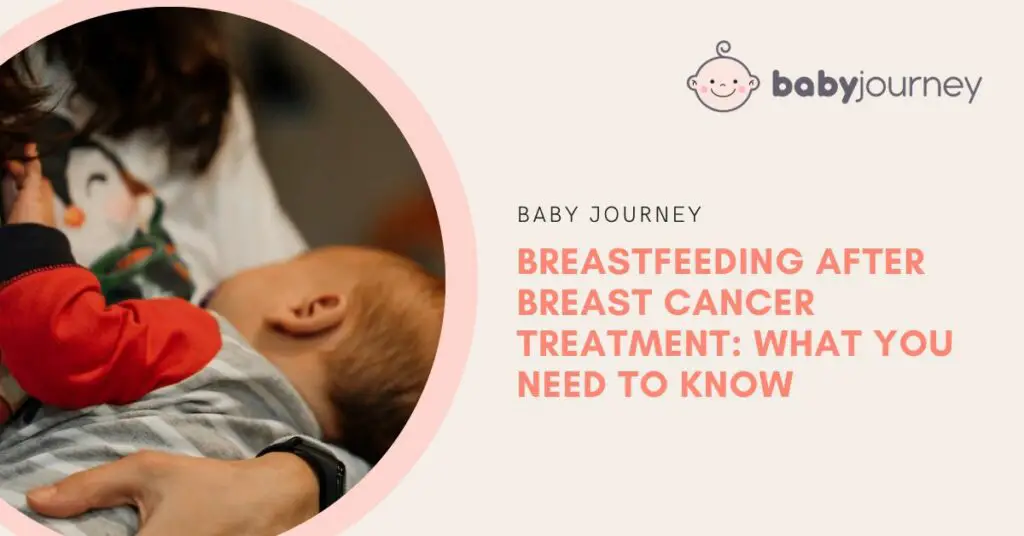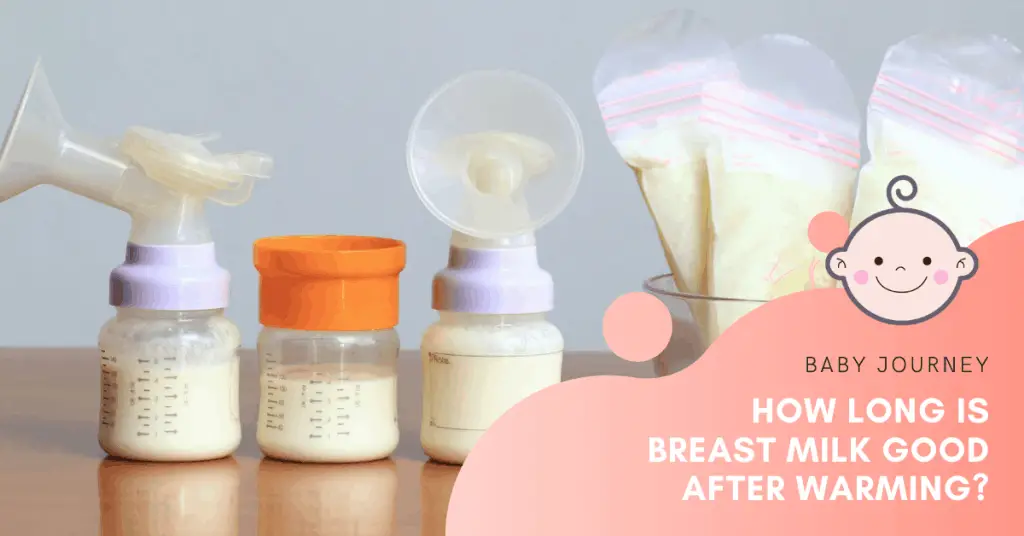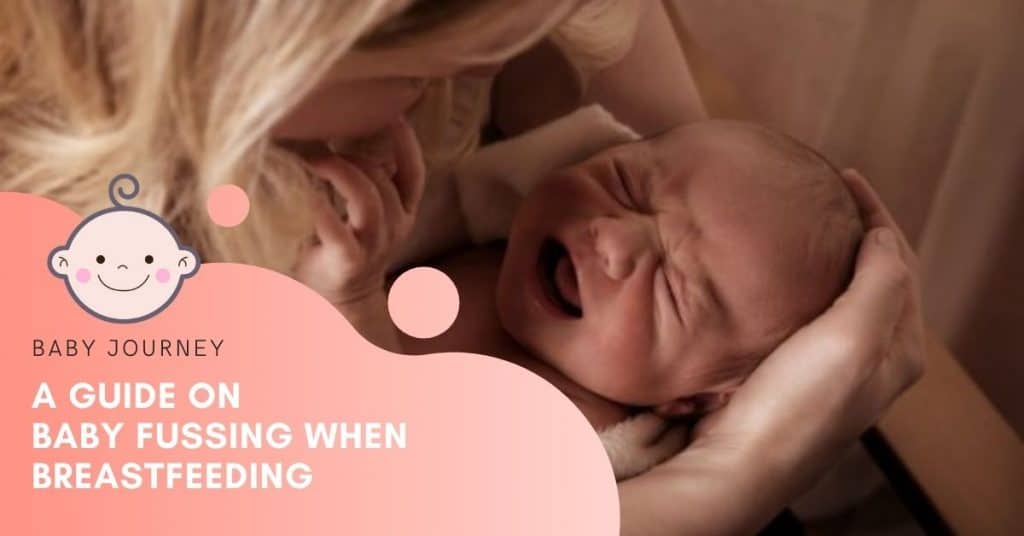Breastfeeding after cancer treatment can be a daunting task. You may have questions about whether or not you can breastfeed, how long to breastfeed, and what types of cancer treatments affect breastfeeding.
In this blog post, we will answer all of your questions and help you feel confident about breastfeeding after breast cancer treatment!
If You’ve Had Surgery You Need To Recover First
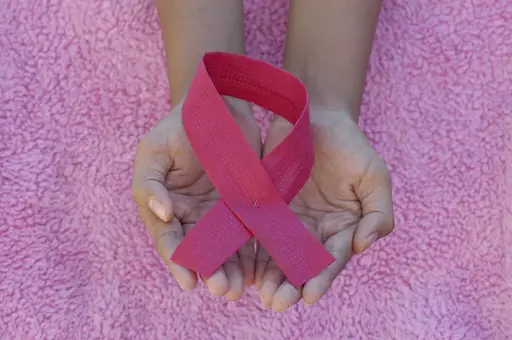
If you’ve had surgery, it’s important to recover before trying to breastfeed. This means getting plenty of rest, drinking plenty of fluids, and eating a healthy diet. Once you’re feeling better, you can start trying to breastfeed. It may take a little time for your milk to come in, but don’t worry – it will!
Another important step to take after breast cancer surgery is to make sure your incisions are healing properly. Be sure to follow your doctor’s instructions on how to care for your incisions, and let them know if you have any concerns.
If You Are Having Chemo You Shouldn’t Breastfeed
If you’re having chemotherapy, it’s important to understand that breastfeeding is not recommended. The chemicals in the chemotherapy can pass into the breast milk and be harmful to your baby. Additionally, the side effects of chemotherapy, such as fatigue and nausea, can make it difficult to breastfeed.
If you’re having radiation therapy, it’s generally safe to breastfeed, but you should talk to your doctor about any potential risks. Breastfeeding can be a great way to bond with your baby, and it’s also incredibly nutritious for them.
However, it’s important to make sure that you’re healthy enough to breastfeed before you start. If you’re unsure about whether breastfeeding is right for you, talk to your doctor.
Some Women Lose The Ability To Breastfeed
Some women lose the ability to breastfeed after cancer treatment. This can be due to the side effects of chemotherapy and radiation, or because cancer itself has affected the breasts. If you are planning to breastfeed, it is important to talk to your doctor before starting treatment. They may be able to give you advice on how to increase your chances of success.
There are a few things you can do to try to maintain your milk supply during treatment. First, try to pump or hand express milk as often as possible. This will help stimulate your body to produce more breastmilk. You can also try using a supplemental nursing system, which allows you to breastfeed and supplement with formula or expressed milk.
After treatment, it may take a while for your milk supply to return to normal. Be patient and keep trying. To figure out what works for you, you might need to test various things. If you are having trouble breastfeeding, there are many resources available to help you succeed. Speak with your physician, a lactation specialist, or a nearby support group for breastfeeding. They can offer guidance and support.
Remember, you are not alone. What you are going through has been experienced by countless women. You can overcome this, and as a result, you will become a stronger person. Breastfeeding after cancer treatment is possible with the right support and information.
There Is No Shame In Using Formula
There is no shame in using formula. If you want to breastfeed but are having trouble, talk to a lactation consultant. They can help you figure out what’s going on and how to make it work for you and your baby. If you’re still having trouble, there are plenty of other options for feeding your baby. You can try pumping and bottle-feeding, or you can use formula that tastes like breast milk.
It’s important to do what’s best for you and your baby. If breastfeeding is something that’s important to you, don’t give up. There are plenty of resources available to help you make it happen. But if it’s not possible, or if it’s not what’s best for you, don’t be afraid to formula-feed. Your baby will still be happy and healthy, and you’ll still be an amazing parent.
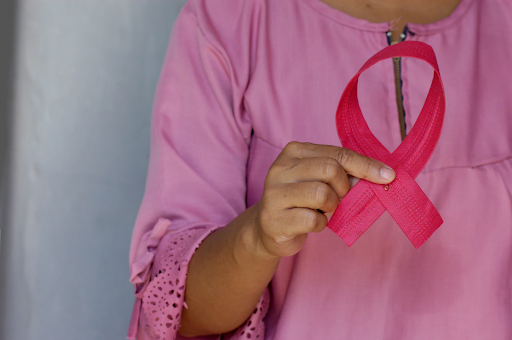
How Long Should You Wait After Treatment To Get Pregnant?
It is generally recommended that women wait at least two years after completing cancer treatment before becoming pregnant. This gives the body time to recover from the treatment and reduces the risk of cancer coming back. Some types of cancer treatments can also affect fertility, so it is important to speak to your doctor about this before starting any kind of treatment.
If you do become pregnant while still undergoing treatment or being pregnant after breast cancer treatments, it is important to speak to your doctor about the risks involved. However, many women who have had cancer are able to have successful pregnancies and go on to breastfeed their babies without any problems.
How Does Cancer Affect The Baby During Pregnancy?
Cancer can have a profound effect on a baby during pregnancy. While the vast majority of babies are born healthy, cancer can cause problems for the developing fetus. In some cases, cancer may spread to the placenta or umbilical cord, which can lead to miscarriage or stillbirth. In other cases, cancer may cause the baby to be born prematurely.
Cancer treatment can also cause problems for the developing fetus. Chemotherapy and radiation therapy can both cause birth defects. If you are pregnant and have cancer, it is important to speak with your doctor about the risks of cancer treatment for the developing fetus. Breastfeeding after cancer treatment or surgery like mastectomy and lumpectomy is often possible, but there are some risks to consider.
Chemotherapy can cause changes in the composition of breast milk. Some chemotherapy drugs can pass into breast milk and be harmful to the baby. Radiation therapy can also affect the quality of breast milk. If you have received radiation therapy to the chest area, it is important to speak with your doctor about the risks of breastfeeding.
In conclusion, breastfeeding after cancer treatment is possible, but there are some things to consider. Talk to your doctor about the risks and benefits of breastfeeding before starting any kind of treatment. If you’re having trouble breastfeeding, there are many resources available to help you succeed.

